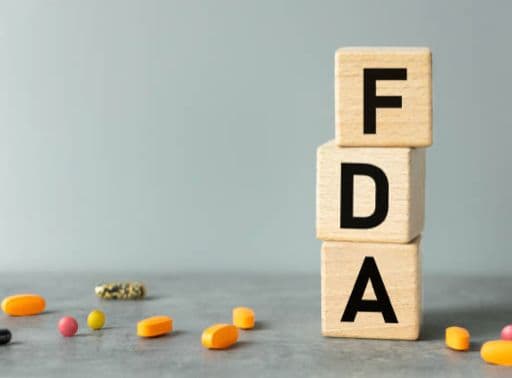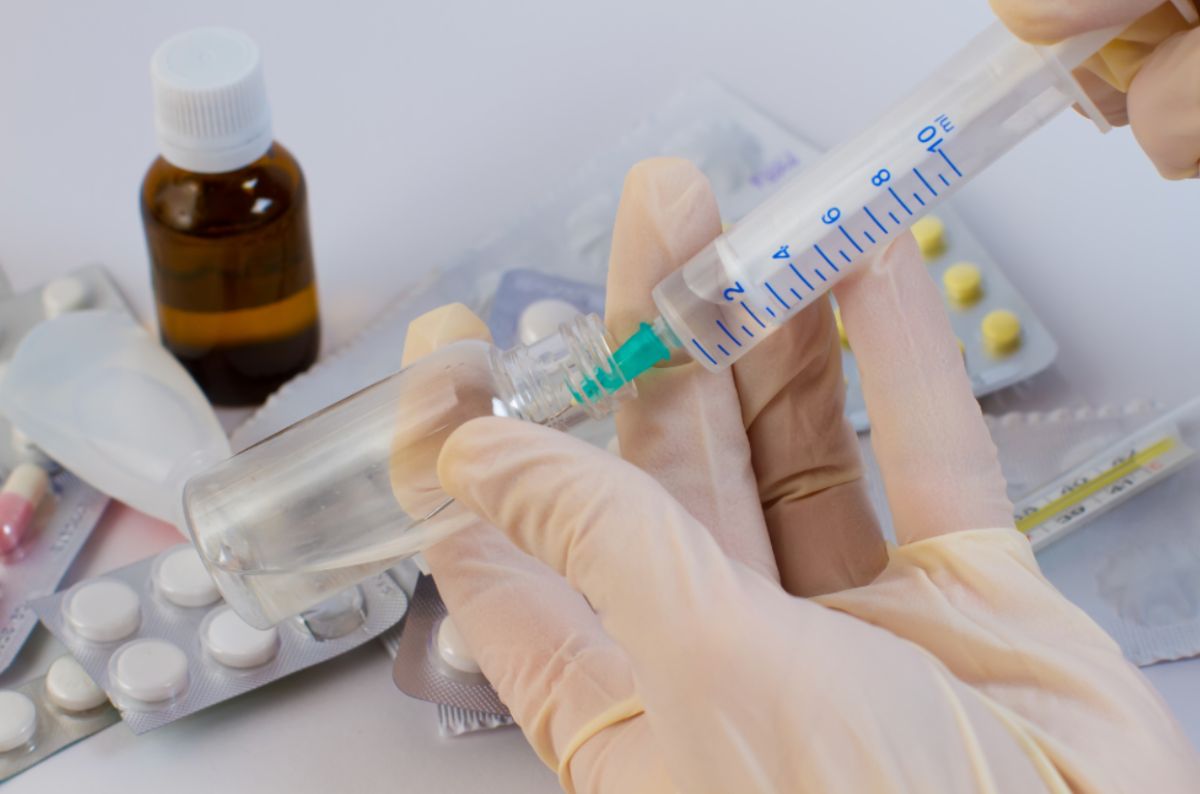The peptides market1 is growing at a rapid pace globally, and a large part of the pharmaceutical market focuses on peptides; that's why they are widely used as therapeutic aids in the healthcare industry.
Over the past decade, the therapeutic peptides market has grown substantially on a global scale and is projected to reach USD 86.9 billion by 2032, highlighting their increasing role2 in modern medicine and drug development. One should always skip the risks of unregulated "research" peptides to discover safer, smarter ways to support wellness. Companies like Vita Bella offer doctor-supervised options that put your health first.
History of Peptide Regulations
Peptides have found several uses in biotechnology and medicine. During the last ten years, research on therapeutic peptides has seen an increase in business purposes.
With more than 500 therapeutic peptides3 in preclinical research and over 140 peptide medications presently undergoing clinical trials, the number of peptides on the market is likely to see an increase.
What are “Research Peptides”?
These days, a large number of unauthorized peptides are offered for sale online as "research chemicals," also known as "research peptides," with warnings such as "not for human consumption." Sellers who claim to specialize in anti-aging and regenerative medicine get them from compounding pharmacies.
Peptides that are not approved for human consumption carry significant risks, including contamination, inaccurate dosing, unpredictable side effects, and potential long-term harm to vital organs and overall health.
The FDA cautions that uninspected medications are not guaranteed to be safe, effective, and high quality. There have been 26 peptides4 that the Food and Drug Administration (FDA) approved as medications between 2016 and 2022.
315 new drugs were approved during that same period
More than 200 were peptides that were in clinical development, and
The additional 600 peptides that had completed preclinical studies and therapeutic applications of peptides represent a research area of increasing interest.
Regulatory Violations & Legal Crackdown
Regulatory bodies need an in-depth knowledge of the physicochemical characteristics, biological activity, and manufacturing procedures of peptide-based medications due to their complexity.
A thorough analysis of regulatory rules5, including those established by The European Medicines Agency (EMA) and The Food and Drug Administration (FDA) is conducted to guarantee adherence to quality standards and to handle difficulties including immunogenicity, scalability, and batch-to-batch consistency
The use of Research Peptides in the World
The use of "grey market peptides" on patients is a developing issue in the healthcare aesthetics and wellness sector. These drugs are frequently made internationally but lack FDA inspection; they are only allowed by law for research purposes and not for the treatment of specific patients.
Patients and healthcare professionals are at significant risk when using these peptides in a clinical aesthetic context from unauthorized sources. These risks include:
Unidentified adverse effects
Contamination
Possible legal consequences for the providers
Clinicians face serious legal concerns when they give or recommend non-FDA-inspected peptides to patients. Recently, semaglutide, an agonist of the glucagon-like peptide-1 (GLP-1) receptor, was authorized as a prescription medication for weight reduction. But it has been sold by various unauthorized stores online.
Safety Pitfalls of Non-Inspected Peptides
Peptides are being used more and more in diagnosis and therapy because of their low side effects and selectivity. From 2016 to 2024, synthetic peptides6 accounted for more than 11% of FDA-approved medications. But their safety and effectiveness may be restricted by immunogenicity, which is an unfavorable immunological reaction.
Antidrug antibodies may be caused by the peptide itself or by contaminants. Immunogenicity risk evaluation is now required by regulatory rules. As more sustainable synthesis techniques become available, it is still essential to provide reliable immunogenicity tests that capture immunological complexity and population heterogeneity.
Expert Warnings & Ethical Implications
The investigation of impurity differences between a new drug application or generic peptide7 and a listed drug or reference listed drug, as well as between pre- and post-manufacturing change products over the product lifecycle, is impacted by the absence of qualification limitations for peptide-related impurities.
Doctors advise patients about injecting unauthorized peptides into their own bodies.
Buying and self-injecting unapproved peptide hormones8 in variable doses increases the risk of
Atherosclerosis
Thrombosis
Osteoporosis
Cancer
It can also result in motor paralysis, skeletal muscle damage and loss, diabetes mellitus, hypothyroidism, arterial hypertension, sweating, headaches, and vomiting.
Best Practices to Stay Safe
The FDA advises customers to only buy medications from pharmacies with state licenses and to be careful when making purchases online9. Companies that unethically supplied unapproved medications and peptides containing semaglutide, tirzepatide, or retatrutide under misleading labels such as "for research purposes" or "not for human consumption" have been cautioned by the FDA. These products, together with dosage guidelines, have been marketed directly to customers.
The FDA advises customers against buying these items since they are of uncertain quality and might be detrimental to their health. Only approved peptides will be of excellent quality10, distributable, and suitable for quantifying analytes in the desired matrix (plasma, serum, cells, and tissues).
Protect Your Health: Say No to Non-FDA Inspected Companies
Unregulated peptides from non-FDA-inspected sources put your safety at serious risk. At Vita Bella, we provide science-backed, physician-supervised alternatives you can trust. Make the safe choice today for your long-term wellness.
FAQs
1. Why are peptides from non-FDA-inspected companies dangerous?
Peptides sold by non-FDA-inspected companies may be contaminated, mislabeled, or impure. Without regulatory oversight, there’s no guarantee of quality, safety, or proper dosage, which can increase the risk of serious health complications.
2. Can research peptides legally be sold for human use?
No. Research peptides are typically labeled “for research use only” and are not inspected by the FDA. Using them outside a controlled research setting is unsafe and may also carry legal consequences.





















